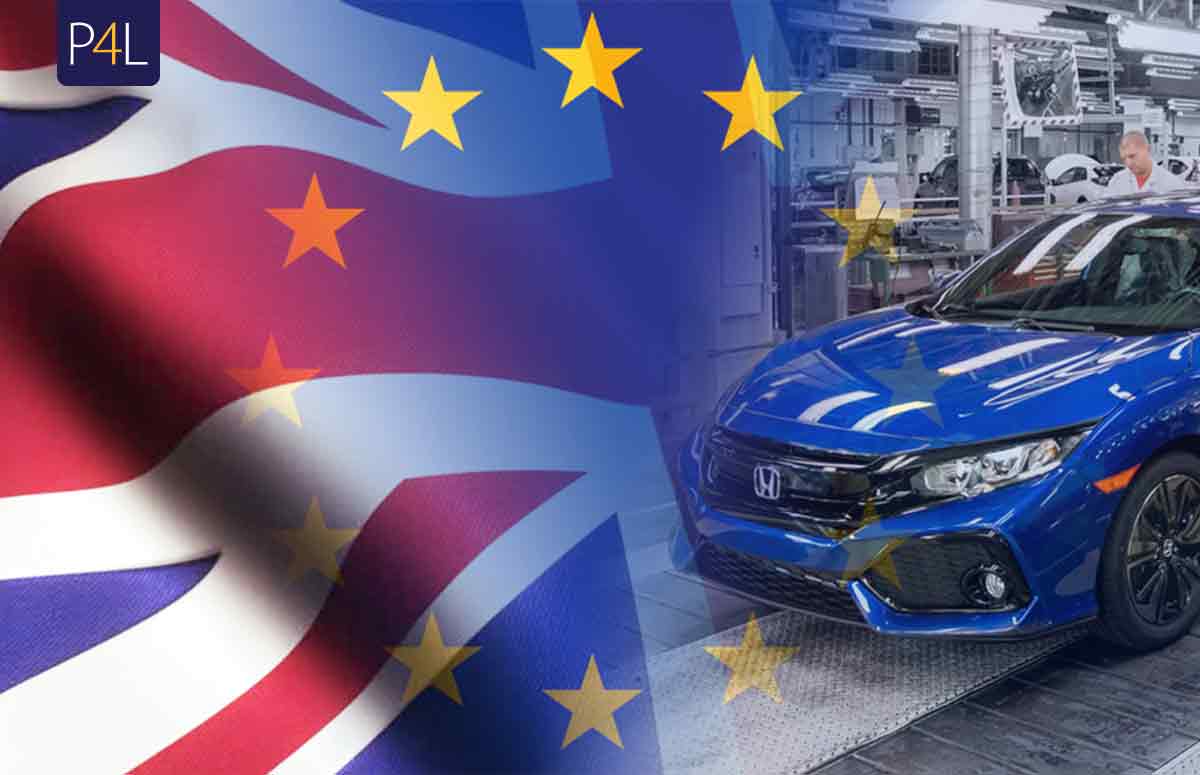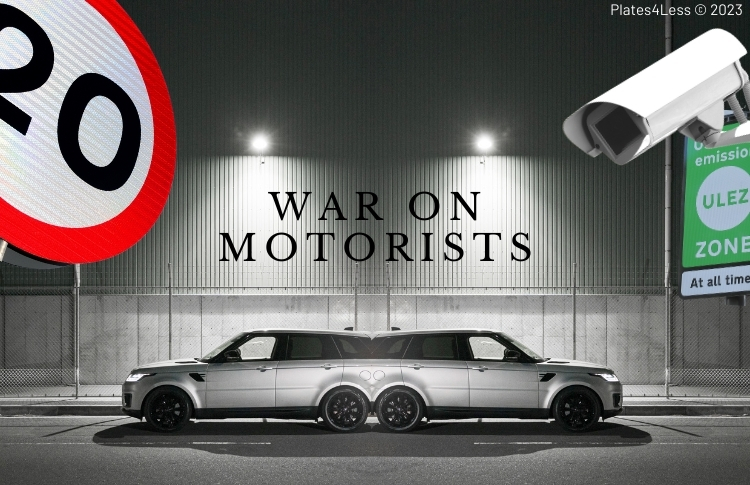Should you buy before Brexit?

The Brexit transition period is due to end this year, and there’s a good chance the UK will leave the EU without a decent deal. As a result, it is highly likely that the increased cost of manufacturing new cars or importing them will lead to higher prices for the consumer. Many manufacturers have admitted they will increase their prices should we face a no-deal Brexit (and we looked at other factors in previous articles “brexit affect on the motor industry” and “brexit impact on the motor industry poll”) so how much might you need to pay in the new year?
Buy car before Brexit image As it stands, cars imported from the EU do not incur an import tariff because currently we follow trade rules put in place by the EU. Come 2021, however, manufacturers might be looking at an additional 10% tariff on imported cars if we leave without some kind of trade agreement. For us, the consumer, that could mean more than 6% added to the cost price of a new vehicle, presuming manufacturers want to recover the import tariff they were forced to pay.
“Prices for Ford’s most popular passenger and commercial vehicles would rise by between £1,000 and £2,000,” says Andy Barratt of Ford Britain, referring to the 10% import tariff a no-deal Brexit will bring. Other manufacturers have admitted much the same, though some will ‘price-protect’ vehicles that are already in the UK. Some, like Honda, will honour prices from the point of order. In fact, as Honda already imports a great deal from Japan and the US, they have already been managing a 10% tariff as part of their pricing considerations. Similarly, Mazda will find they’re less affected by Brexit pricing as they import from Japan, though they may find themselves suffering some disruption as delays at the UK border could also affect their own imported vehicles. For Nissan, though, the situation is apparently more dire, with a no-deal Brexit putting their entire operations in danger in Europe. Not only does 70% of its production head out to the continent but a great deal of their components are imported from the EU. Indeed, many vehicles seemingly manufactured in the UK rely heavily on imported components and will need to prove they use a significant amount of local content or else face the same fees as an imported vehicle. It means a no-deal Brexit could see as many as three million new vehicles lost over 5 years.
Electric vehicles will find themselves hit particularly hard by an import tariff as they use batteries made from metals not found in the UK. It’ll prove difficult to encourage people to switch to zero- emissions vehicles if they have to pay more for them.
In a Recent Article we looked into the Rise of ”The Cover Plate” and the popularity of Private Number Plates during the pandemic.
Read our article keep the car change the plate for more information
“We are calling for an ambitious deal with the EU that guarantees zero tariffs and quotas, and avoids other barriers to trade,” says Mike Hawes, chief executive of the Society of Motor Manufacturers and Traders. “Such a deal would help maintain choice and affordability for drivers – and would also support our iconic automotive manufacturing industry in retaining its global competitiveness, protecting jobs across the country.” They have also proposed exemption rules for electric vehicles which could help mitigate any damage to sales caused by a no-deal import tariff. But of course there’s no guarantee. Add to this the undeniable effect the pandemic has had on vehicle sales and the future of our motor industry does not look bright right now.
Pandemic Pressure
According to the Society of Motor Manufacturers and Traders, April saw the worst sales figures in more than 70 years with just over 4,300 cars sold. The lockdown effect continued into the following months, and by the end of June there had been a decrease of over 58% in car sales compared to the previous year. Unsurprising, perhaps, considering the closure of showrooms and a population either on furlough or made redundant. There was something of a bounce-back in July when lockdown restrictions eased, but with coronavirus spiking again it’s doubtful we can expect much by way of further increased sales.

Are you buying a new car?
So if you’re buying a new car, how might you best avoid the possible penalties of a no-deal Brexit?
If you’re buying in what remains of this year, try to find out if your vehicle requires a factory order. If it’s not already in the UK, ask your dealer if it’s likely to be before December 31 st otherwise you may face a delay when it comes to being able to collect your car.
To minimise the cost, try to purchase as soon as possible to avoid a rise in price that may affect the required payment. Of course, even when manufacturers price-protect their vehicles it’ll be up to dealers to honour that in order for customers to benefit, so as always it’ll be worth shopping around before you commit to a purchase as prices may vary.
What are your thoughts on how Brexit is affecting the motor industry? How about the impact of the pandemic? We look forward to reading your views in the comments below, or as part of our Facebook post.
Latest articles

Do you need to display front number plates in the UK?
View article
Valentine's Guide: Find the Perfect Partner Plate?
View article
Is There A War Against Motorists In 2024?
View article